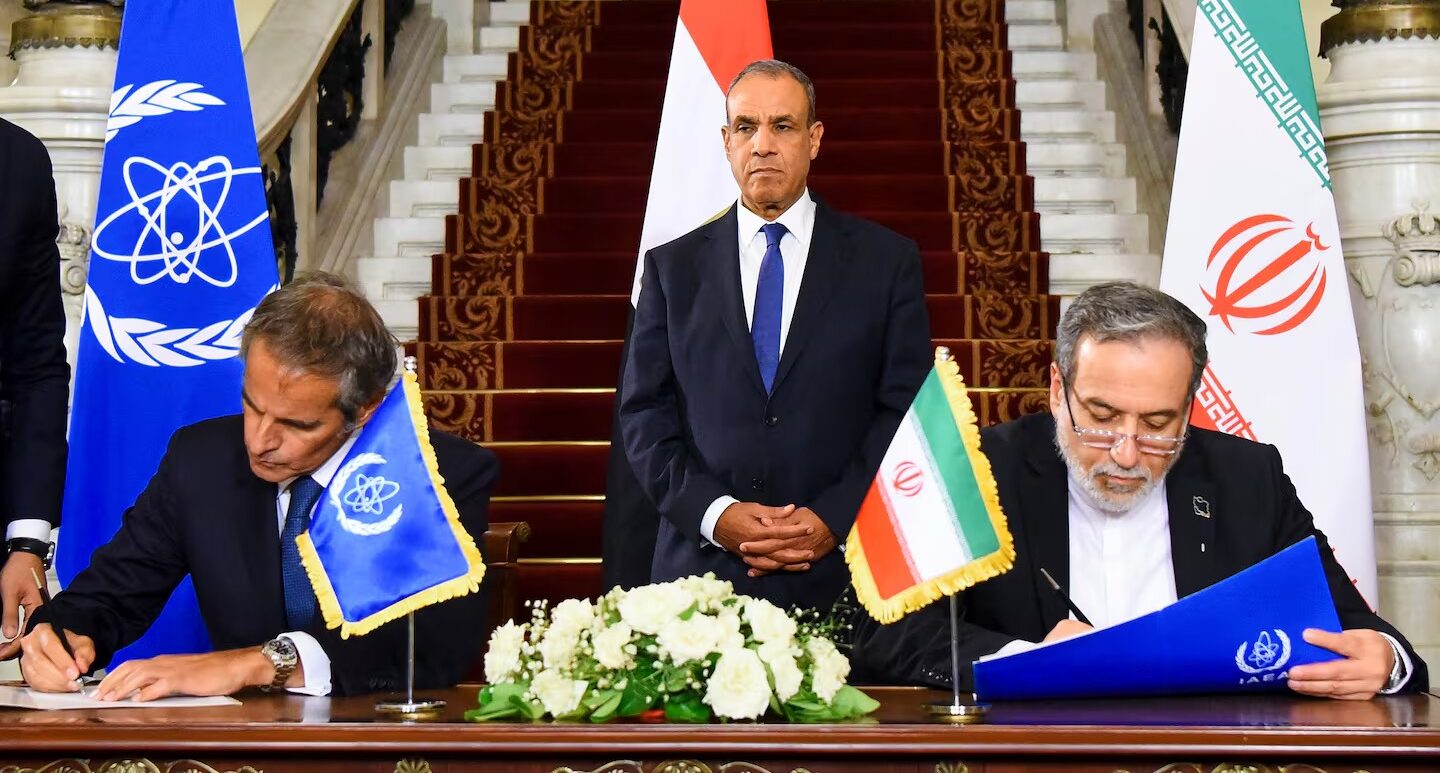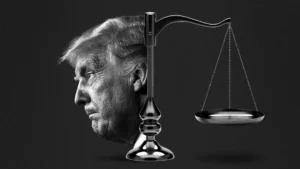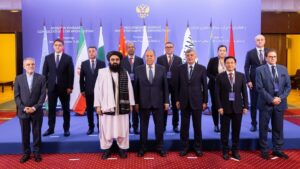UNITED NATIONS: Iran will face extensive UN sanctions late Saturday for the first time in ten years, unless an unforeseen last-minute development occurs, following unsuccessful nuclear discussions with the West.
On Friday, the UN nuclear watchdog announced that inspectors had regained access to Iranian locations; however, Western nations found insufficient progress to support a postponement following a week of high-level discussions at the UN General Assembly.
On Saturday, Iran called its ambassadors to Britain, France, and Germany for talks, according to state media, following the activation of a mechanism by the three nations that reinstates extensive UN sanctions on the Islamic republic.
“Iran’s ambassadors to Germany, France, and the United Kingdom have been summoned to Tehran for consultations following the reckless decision of the three European nations to restore annulled UN Security Council resolutions,” reported state television.
A month ago, European nations initiated the timeline for the “snapback” of UN sanctions, alleging that Iran has not fully disclosed its nuclear program — including actions it has taken in retaliation to bombings by Israel and the US.
The sanctions will take effect at 0000 GMT on Sunday (8:00 pm Saturday in New York). They will establish a worldwide prohibition on collaborating with individuals, companies, and groups alleged to be involved in Iran’s nuclear program or ballistic missile development.
Iran’s Response to Renewed Sanctions
Iranian President Masoud Pezeshkian stated that there was no justification for finalizing an agreement while Israel and the United States aimed to leverage pressure to overthrow the Islamic republic.
“If the aim had been to address issues related to the nuclear program, we could accomplish that easily,” Pezeshkian stated to reporters, reiterating that Iran will never seek nuclear weapons.
Pezeshkian, who met this week with French President Emmanuel Macron, stated that France suggested Iran relinquish its reserves of highly enriched uranium in exchange for a one-month postponement of sanctions reinstatement.
“Why would we place ourselves in such a predicament and wear a noose around our neck every month?” he stated.
He charged the United States with urging the Europeans against making a compromise.
Steve Witkoff, a friend of Trump and a traveling negotiator, stated that the United States doesn’t intend to harm Iran and is willing to engage in more discussions.
However, Pezeshkian accused Witkoff of being unserious, claiming he had reneged on agreements made during previous discussions — which suddenly halted when Israel began its military operation.
Russia and China Reject Sanctions Move
The sanctions intend to create additional economic hardship to pressure Iran, but it is uncertain whether all nations will implement them.
Russian deputy ambassador Dmitry Polyansky stated on Friday that Moscow, a key ally of Iran, viewed the reinstatement of sanctions as “null and void.”
On Friday at the Security Council, Russia and China attempted to postpone the reintroduction of sanctions until April but did not secure sufficient votes.
The United States currently enforces unilateral sanctions on Iran and has attempted to compel other nations to cease purchasing Iranian oil, although Chinese companies have resisted this pressure.
Global Impact and Israel’s Warning
The fresh sanctions signify a “snapback” of the UN measures that were paused under the 2015 agreement, which received backing from Britain, France, and Germany following Trump’s exit.
The International Crisis Group, an organization that researches conflict resolution, stated in a report that Iran appeared to disregard the snapback since it had adapted to the US sanctions.
However, it pointed out that reversing the snapback was difficult since it would need agreement at the Security Council.
In a defiant address at the UN on Friday, Israeli Prime Minister Benjamin Netanyahu called for immediate action on the snapback and suggested that Israel was prepared to target Iran’s nuclear program again, following the 12 days of bombings in June that Iranian officials claim resulted in over 1,000 deaths.
Pezeshkian stated that Iran would not respond to the sanctions by withdrawing from the nuclear Non-Proliferation Treaty, cautioning that unidentified forces were pursuing a “shallow justification to ignite conflict in the region.”





